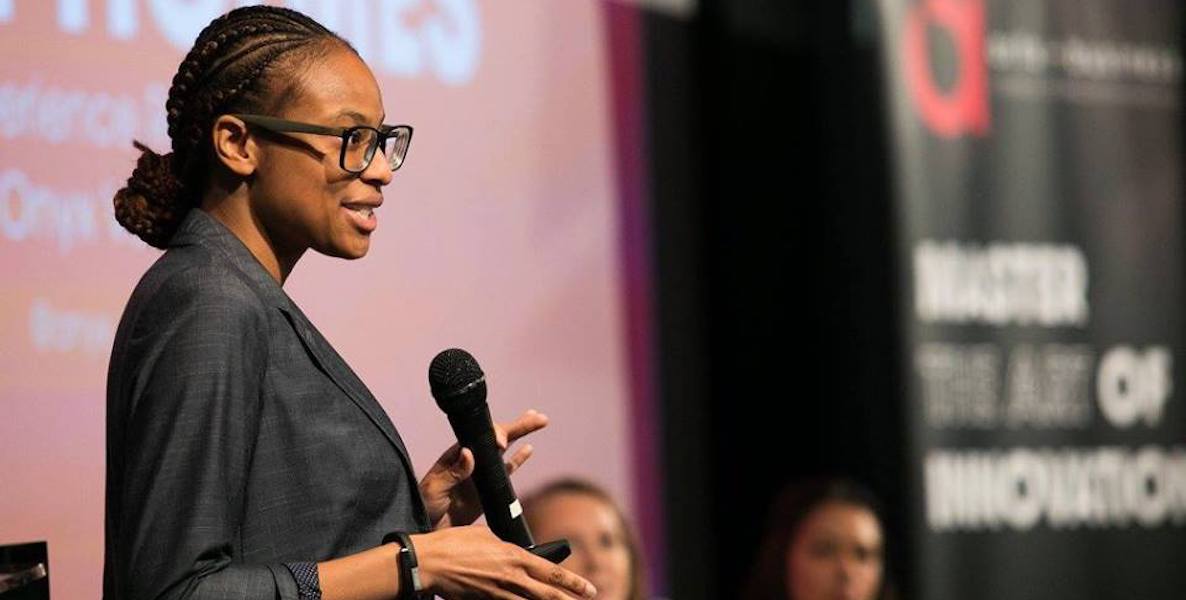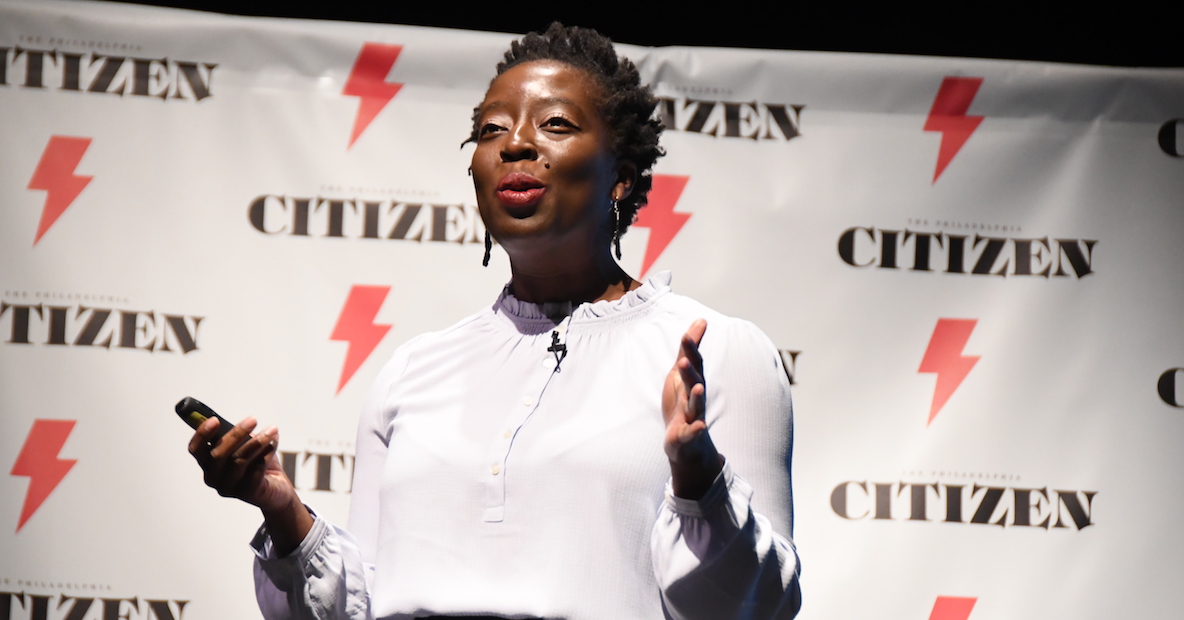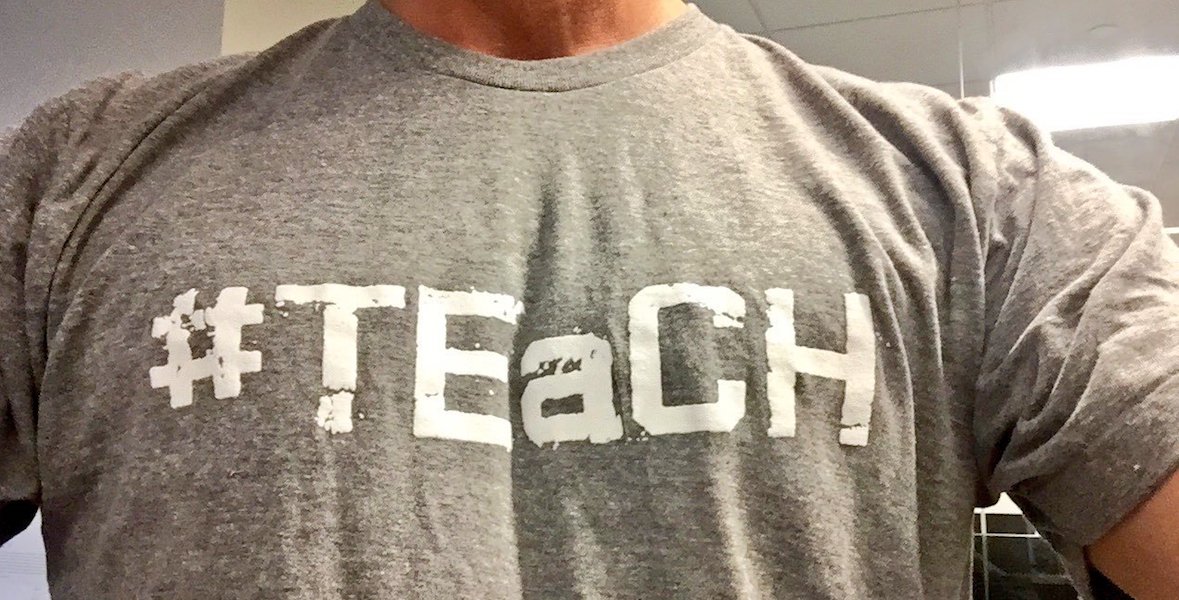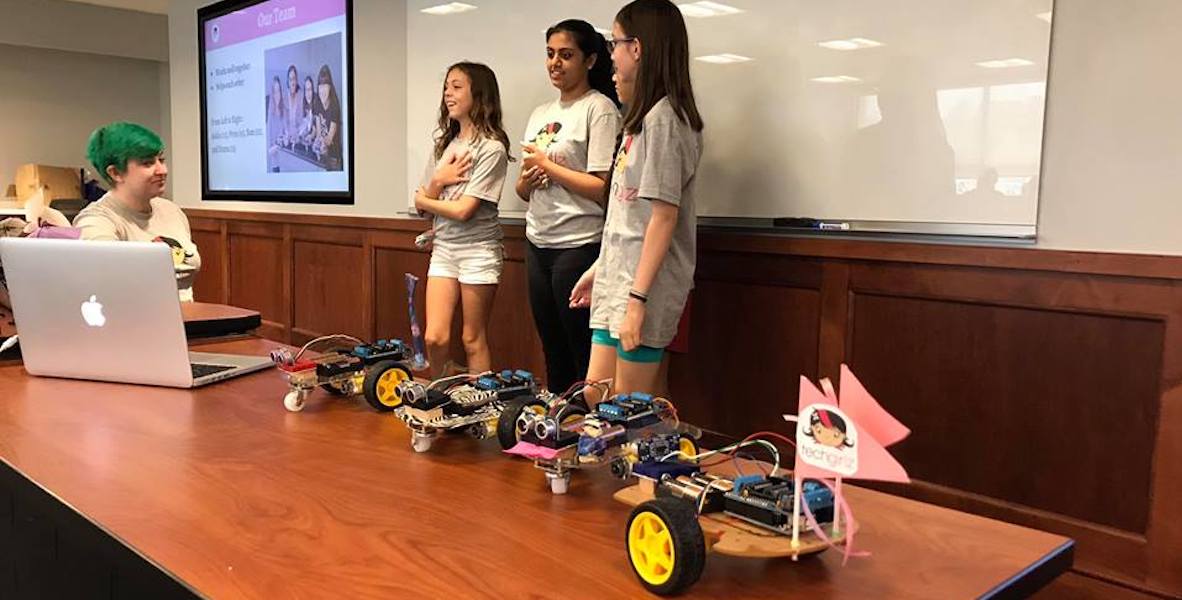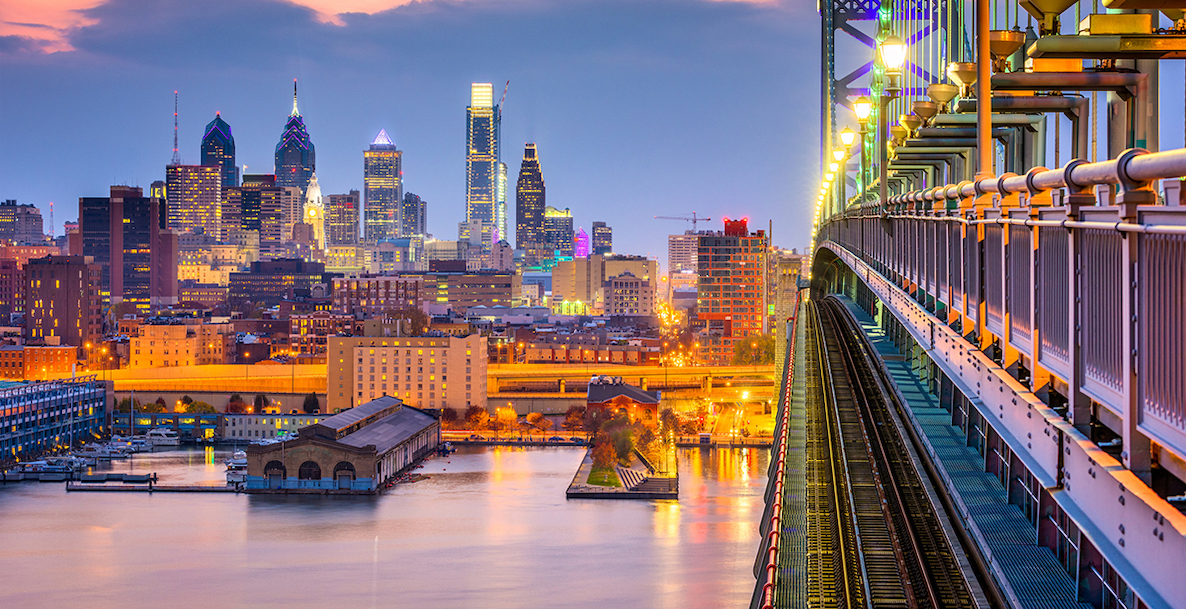When Kiera Smalls took the helm of Philly Startup Leaders in 2018, she was sure of one thing: Philadelphia had the resources, talent pool and ability to launch and grow businesses that are diverse, equitable and successful.
As the co-founder of City Fit Girls she helped push the city’s wellness community to move away from the Instagram version of fitness—slim, predominantly white women who are used to integrating wellness into their lives—to one that was more inclusive of different races and body types. City Fit Girls, a for-profit business, thrived.

Later, Smalls served as chair of diversity and inclusion and marketing manager at Bicycle Transit, where she worked with Indego Bike Share to help transform public transportation in the city and to help spread the message that the program was intended to attract residents from all demographics in the city.
“This bike share program launched with equity at the forefront,” she says. “I was excited about that, because I knew how much that meant to me in the fitness and wellness community.” Indego, of course, has proven wildly successful.
When she talked to founders of Philly’s small businesses as the executive director of PSL, she heard a different story, however. While Philadelphia’s many pieces of intellectual property originate in the city’s three major universities, founders tend to develop their ideas in Philly and then move elsewhere to launch their business.
“I remember one founder telling me that they pitched their idea somewhere on the West coast and people said to them, ‘That’s a good idea, why are you in Philadelphia?’” Smalls says. “For our organization, we want founders to leave because they’ve exhausted all the resources—not because they don’t think there are any.”
On paper, Philadelphia should be a strong city for startups. According to Smalls, founders typically need three things to make their business successful: customers, talent and funding.
“I want the narrative of, ‘Oh Philadelphia the growing startup ecosystem, you have to make sure you stop there, you have to make sure you talk to the founders, you have to make sure you look at what they’re doing in Philadelphia,’” says Smalls.
With three universities, Philly has plenty of educated, young workers who are excited to land jobs at startups. The city also has plenty of affordable spaces for startups to launch. Office space in the city rents for about $28 per square foot on average and the city has ample co-working space in 1776, the Cambridge Innovation Center and Walnut Street Labs to name a few.
When you compare that to New York’s $75-$84 rents, the low prices should be a major draw for founders looking to keep their business on the East Coast.
The city also isn’t lacking in resources. It boasts over a dozen startup incubators and accelerators, including PSL’s own Founded in Philly and Comcast’s LIFT Labs. Venture capital funds also aren’t lacking in the city, with over 45 firms providing funding opportunities to startups.
So why hasn’t Philly become a city known for its startup potential? Part of the problem is people just aren’t aware of the resources the city has to offer. “The reality is we need to reach more people,” Smalls says. “We really want to figure out a way to make sure this information is accessible to more people.”
Connecting startup founders with the city’s resources is one of the reasons PSL was founded in 2007. The organization began when a group of Philly’s entrepreneurs decided to meet up on a regular basis to help one another out and share resources.
Since then the organization has grown into a community of thousands of local entrepreneurs that holds three major annual events, offers a startup accelerator and serves as a place for startups in Philly to begin to network in the city.
Smalls came to PSL at a critical juncture in the organization’s life. In 2015, it hired its first executive director, Yuval Yarden, whom the board fired a ![]() year later after a public fight over the way the organization was confronting issues of diversity—particularly its “diversity dinner,” which some minority business owners felt put them on display without solving the real issues of inclusivity in the city’s startup community.
year later after a public fight over the way the organization was confronting issues of diversity—particularly its “diversity dinner,” which some minority business owners felt put them on display without solving the real issues of inclusivity in the city’s startup community.
“We needed an ED that had experience with non-profit leadership, to ensure PSL was setup for success over its next phases of growth,” says Rick Nucci, founder and CEO of Guru and the board chair of PSL at the time Smalls was hired. “Kiera has experience both as a founder herself as well as experience working for and with nonprofits. It was an ideal combination.”
Under Smalls’ leadership, the group has expanded their efforts to connect founders with resources in the city. Smalls oversaw both the group’s efforts to secure nonprofit status and their recent rebranding efforts. She put out a revamped version of Philly Startup Guide, a resource providing businesses with information about funding opportunities, co-working spaces, and more.
This year, PSL is introducing a new idea-stage accelerator to their Founded in Philly program to help early-stage startups, as a way to grow entrepreneurs outside the traditional startup demographic: The Harvard Business Review reports that 77 percent of venture-backed startup founders are white and 90 percent are men. An Open Access Philly survey of tech employees from the fall found that companies struggle with these issues locally, as well: Only half of the respondents said their companies had boards that had 25 percent people of color.
Smalls says the accelerator program will allow PSL to reach more founders. The idea-stage accelerator will culminate in the opportunity for entrepreneurs to present at Entrepreneur Expo, a showcase of Philly’s startups and technology companies that PSL puts on during Philly Tech Week. “[Startup founders] could have a potential million-dollar, billion-dollar idea but where do you go to flesh that out?” Smalls says. “We hope that through this new program we’ll get them from idea to MVP.”
The group’s accelerators are helping keep businesses in Philly. Last year, the group released a report on the success of their original MVP accelerator program. The companies that participated in their accelerator outperformed the statistic that 90 percent of startups will fail within their first three years.
Only 33 percent of the startups that participated in PSL’s program went out of business. Sixty-three percent of respondent companies are still based in Philadelphia.
![]() PSL has also served as a springboard to other resources in the city. Danish Dhamani, co-founder and CEO of Orai went through one of PSL’s programs and became the only Philadelphia-based company to participate in the first cohort of Comcast’s LIFT Labs. Orai’s AI-powered speech coach app is now the top downloaded public speaking app in the App Store.
PSL has also served as a springboard to other resources in the city. Danish Dhamani, co-founder and CEO of Orai went through one of PSL’s programs and became the only Philadelphia-based company to participate in the first cohort of Comcast’s LIFT Labs. Orai’s AI-powered speech coach app is now the top downloaded public speaking app in the App Store.
“The number of active companies, entrepreneurs, funding events, and success stories—especially among tech companies—has blossomed. This is due to a confluence of factors hitting our entire industry that include decreasing startup costs, strong economic performance in the tech sector, and investment from public sources,” Bob Moore, co-founder and CEO of Crossbeam, says.
Moore served as president of PSL at the time Smalls was hired and is currently serving as board chair of the organization.
Since 2015, when the region experienced a high of 28 business exits, more startups have remained in Philly. In 2018, there were only 13 venture-backed business exits according to a venture report from the Philadelphia Alliance for Capital and Technologies (PACT). In 2019, that number increased to 18 business exits.
Even after venture-backed exits, Philly’s founders are remaining in the city and launching their second or third businesses in the city. After the mobile hiring software gatherDocs merged with a Colorado-based company in 2016, its Philly-based founder Bruce Marable returned to the city and launched his second business, the HR analytics software Employee Cycle.
“I think we’re one of the most supportive and community-driven startup cities. Loyalty is in our blood here in Philly, and it shows when you look at the commitment our top founders show to the city and region,” says Moore.
“I think we’re one of the most supportive and community-driven startup cities. Loyalty is in our blood here in Philly, and it shows when you look at the commitment our top founders show to the city and region. Whether it’s speaking in the press, attending trade shows, or just visiting other cities, our founders are proud to wave the Philly flag, share knowledge back home, and support each others’ success,” Moore says.
Philadelphia-based companies are also getting more attention nationally. Last summer, goPuff, a company that delivers food and household goods, like toothpaste, received $750 million from the VC-firm SoftBank.
Changes in the tech startup culture nationwide have also directed the attention away from major tech hubs like Silicon Valley and have allowed resources to flow into Philly.![]()
Almost $1.4 billion was invested in the Philadelphia-Camden-Wilmington region in 2018 and in 2019 Philly saw a record $2.5 billion invested in local companies, according to the PACT report.
“VC’s are now open and sometimes prefer to fund companies not located in major tech hubs, which means raising capital in Philly no longer has the same “location objection” it used to 10 years ago,” Nucci said.
Regional-based venture funding, however, has continued to drop. Between 2012 and 2019 local venture funds closed on a combined $1.1 billion in capital commitments. The report’s authors note that, while this number is sizable, it won’t be enough to sustain the region’s current deal flow and funds could be exhausted within a year. In order for the city to keep maturing startups, it will take greater regional funding and national attention.
Smalls says the work of elevating Philadelphia’s startup community to the national stage has just begun. For the last several years at Austin’s annual South by Southwest Festival, PSL has showcased local companies as part of the Amplify Philly Initiative, ensuring current and future founders know that the city has an abundance of talent and resources.
“I want people to not just say, ‘Oh Philadelphia, the city between New York and D.C,’” Smalls says. “No, I don’t want that to be the narrative. I want the narrative of, ‘Oh Philadelphia the growing startup ecosystem, you have to make sure you stop there, you have to make sure you talk to the founders, you have to make sure you look at what they’re doing in Philadelphia.’”
Correction: An earlier version of this story misstated the year Kiera Smalls took over the helm of PSL. It was 2018. It also misstated the type of organization Bicycle Transit is; it was a for-profit startup.
Header photo: iStock


